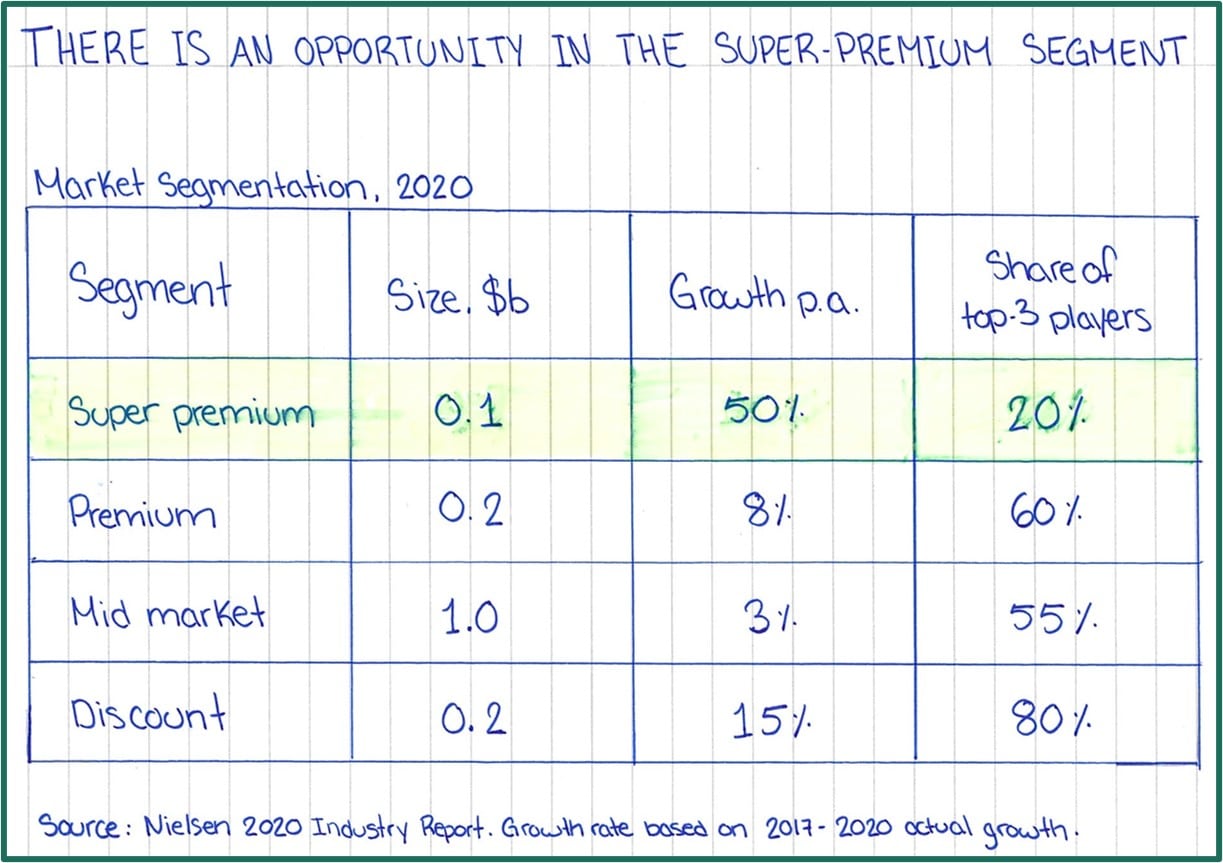Most case interviews are delivered verbally, where the candidate sits across from the interviewer as they work through the case together. However, some management consulting firms prefer to use written case studies to simulate the experience of carrying out consulting work more closely.
Here’s what to expect from a written case interview, and how to prepare and complete a written case study successfully.
The format of a written case study
In a written case study interview, you’ll be asked to make a recommendation about a specific business problem, just as you would in a traditional case interview.
You’ll be given a series of paper documents (sometimes up to 50 pages), which will include the client context, along with interview insights, press articles, market or company data, and so on. Some of the documents are usually not useful for the resolution of the case, so expect some red herrings!
You’ll have to structure the problem, run some numbers and generate some ideas, just as you would in a verbal case. You’ll then have to deliver your response in the form of a short written presentation.
Depending on the firm and office you’ve applied to join, you may be given a couple of hours to prepare your presentation and then additional time to present and discuss it. Your interviewer will play the role of either the manager or the client.
You might be provided with pencils, pens and a basic calculator. We recommend that you bring along any additional items that you might want to use, such as highlighters or a ruler.
The evaluation criteria
In a written case study, candidates are evaluated on both the content and the form of their presentation. For content, the evaluation criteria will be similar to that of a traditional case study. For form, the evaluation will focus on the quality of the candidate’s slides and oral presentation.
Although candidates are given more time in a written case study than they are in a traditional case interview, the test is generally more difficult to pass. Candidates often fail for seemingly basic reasons, such as not answering the questions directly, preparing inadequate slides, or having errors in their quantitative analysis.
How to perform well in a written case interview
1. Organize your time
When it comes to preparing your response to a written case study, organizing your time carefully is vital.
Begin by reviewing the documentation you’ve been given. Read the case questions thoroughly and then scan the documents to identify the information you’ll need in order to craft your answers. Mark the pages that will be useful for each question and put the other documents to one side.
Then, tackle one question at a time. We recommend beginning with the quantitative question, as it will usually inform your final answer. You can tackle the more creative problems last, as they should be quicker to solve.
As you respond to each question, you should prepare the relevant slides for your presentation. This means that you should start writing your slides during the first half of the allocated preparation time.
2. Start your presentation with an executive summary
A common mistake that many candidates make when tackling written case studies is having too much focus on their analyses in their presentation. As a result, they often neglect to address the overarching client questions.
To avoid making this mistake, start your presentation with an executive summary, in which you:
- repeat the client questions
- provide a direct answer
- list key supporting points
From there, add a slide for each key analysis and wrap up the presentation with a conclusion slide that outlines your recommended next steps.
3. Design professional slides
Even though you’ll be drafting with pen and paper, it’s important that the slides you design in a written case interview are neat, organized and professional:
- Slides must have straight lines, aligned objects and legible handwriting.
- They should contain only essential information (remember this is a presentation, not prose).
- Each slide must have a short title that summarizes the information presented.
Here’s an example:

Placed in sequence, the titles of your slides should tell a coherent story.
4. Substantiate qualitative conclusions
You should use numerical data as much as possible in your response to the client questions. Ensure that all your statements are supported by well-defined facts or assumptions, and add these details to your presentation as footnotes.
5. Practice written cases as part of your case interview preparation
It’s vital to prepare thoroughly for every aspect of interviewing at a top consulting firm. Written case study examples can be hard to find, so we’ve included several of them – along with solutions – in our Case Library, which is available as part of our Consulting Interview Prep Toolkit.
Designed to teach you how to tackle each dimension of the case and fit interviews, the Consulting Interview Prep Toolkit contains all the online courses, sample interviews, case material, and practice tools you’ll need to ace any consulting interview.







